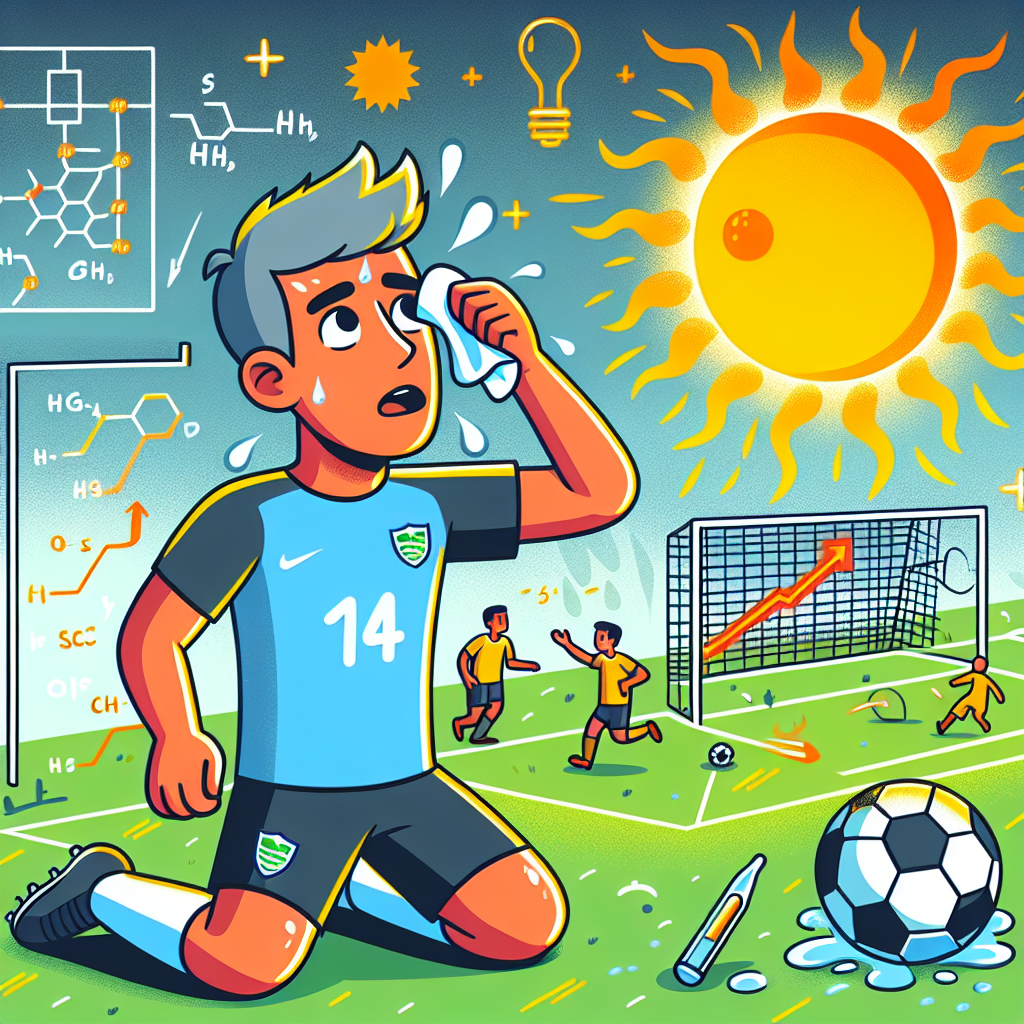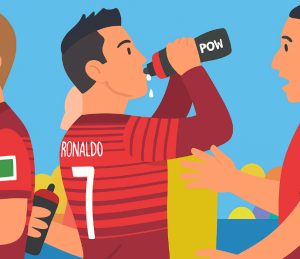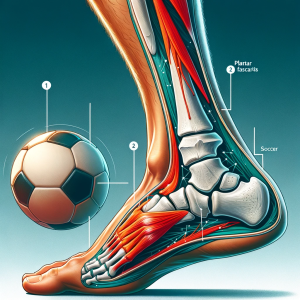
Heat Stress and Players’ Performance
The world of soccer is a complex blend of athleticism, strategy, and environmental factors. As the global climate continues to change, understanding the impact of heat stress on players becomes increasingly important.
The Growing Challenge of Heat Stress in Soccer
Recent reports from the United Nations and WHO highlight the rising temperatures and the associated risks of heat stress on workers worldwide, including athletes (UN News.) Soccer players, who perform in highly demanding physical conditions, are particularly vulnerable during intense matches. The body’s natural cooling mechanisms can get overwhelmed, leading to heat exhaustion and, in some severe cases, heatstroke.
Understanding the Physiology of Heat Stress
During a soccer game, players exert tremendous energy, causing their internal temperatures to rise. Typically, the body manages this through sweating and increased blood flow to the skin. However, when external temperatures soar, these mechanisms can fail, leading to an increased risk of heat-related illnesses.
Among soccer players, young athletes are particularly at risk. A recent UN report emphasizes the need for strategies to protect them from extreme heat during sports and training activities (UN News.)
Impact on Performance and Health
Heat stress not only poses health risks but also affects players’ performance. Dehydration and fatigue caused by excessive heat can impair cognitive functions, reducing players’ concentration, decision-making skills, and overall agility on the field (BBC News)
Research suggests that as heat stress increases, incidents of muscle cramps and fatigue-induced injuries also rise. Players need continuous monitoring and hydration strategies to mitigate these risks during training and matches.
Strategies for Managing Heat Stress in Soccer
Match Scheduling and Player Rotation
To combat the effects of heat, soccer governing bodies are increasingly considering match scheduling changes. Strategic timing of matches can significantly reduce exposure to extreme temperatures. Additionally, utilizing player rotation can help manage player workload during intense and heat-prone matches.
Hydration and Nutrition
Proper hydration is critical in preventing heat-related issues. Players should be encouraged to drink water before, during, and after exertion. In addition to fluids, electrolytes lost through sweating need to be replenished, highlighting the importance of comprehensive nutrition plans for athletes.
Technological Interventions
Developments in technology offer new ways to monitor and manage heat stress during soccer. Wearable devices that measure heart rate and temperature can provide real-time data to trainers on the players’ physiological state, allowing for timely interventions (The Scientist)
Cooling Techniques
In-game cooling breaks and post-match ice baths are becoming popular techniques to help players manage their body temperatures effectively. These strategies are gaining traction not only in professional leagues but also in youth and college soccer programs.
Future Outlook
As global temperatures continue to rise, soccer clubs worldwide face the challenge of adapting to ensure player safety and performance sustainability. Organizations are increasingly recognizing the necessity of heat management protocols to protect athletes from the potential hazards of intense heat.
The discussion around heat stress not only highlights the need for immediate action in sports but also underscores the broader issue of climate change affecting all aspects of life, including beloved sports like soccer.
To manage the future of soccer in the face of climate change, it is imperative for researchers, athletic trainers, and policymakers to work together to find innovative and sustainable solutions.



